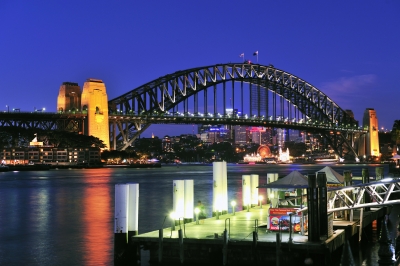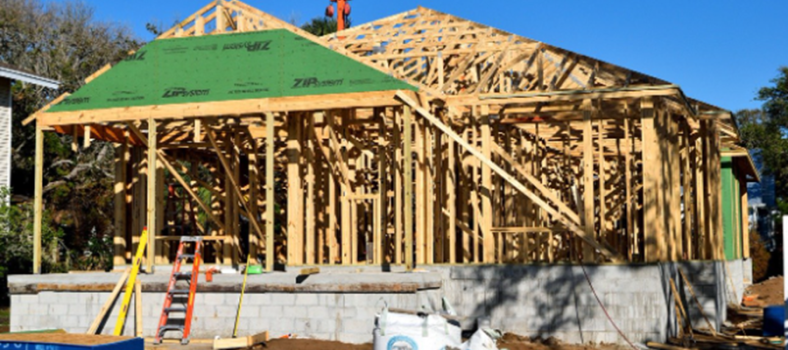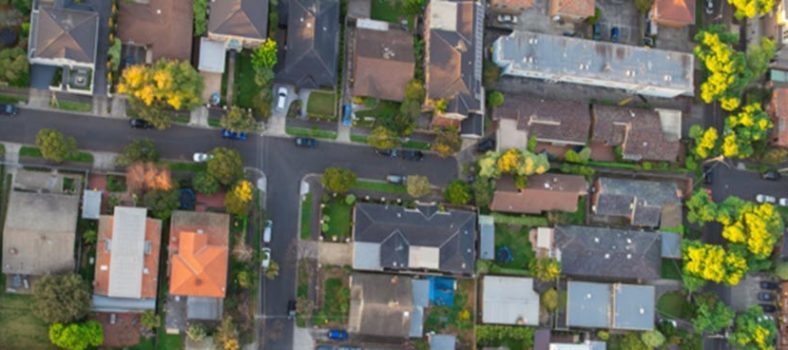An expat’s guide to Sydney’s property market
Australia is referred to by many as the lucky country, and it’s certainly true that Sydney is an appealing destination for expatriates from all over the world. With its stunning harbour and gorgeous beaches, it’s not hard to see why Sydney is such a popular place – but all that beauty can also come at a price.
Read on to find out more about what to expect when looking for somewhere to live in Sydney, as well as some of the other costs you’ll need to take into consideration.
A place to call home
Whether you are looking to buy or rent, property in Sydney can be considerably more expensive than what you may be used to in the UK. The harbour city ranks eighth on Lloyds TSB International’s World Cost of Living Index and, whether you choose to buy or rent, you can expect to pay for the privilege of living in one of the world’s most desirable cities.
Renting is a popular option for expats, especially those who come over on 457 visas – a temporary work permit that allows you to live in Australia for up to four years. In Sydney, the average monthly rent in 2011 was AU$2,123 (£1,387), and – as in most other cities – you’ll find that it’s cheaper to rent away from the centre and take advantage of public transport (or buy a car) for the daily commute.
If you are keen to buy property instead of renting, location is an important consideration, but you will also want to bear a number of other factors in mind, including your immigration status. If you are not an Australian citizen and you wish to buy a house or apartment in the New South Wales capital, you will need to make an application to the Foreign Investors Review Board, which can take up to 30 days to approve your application.
In most cases, if you are a temporary resident of Australia (a work permit holder, for example) and you expect to live in the country for at least 12 months or more, your application is likely to be granted. Expect to spend an average of £421,245 ($644,658) if you are planning to buy a home in Sydney – bearing in mind that coastal and harbour-facing suburbs are the most expensive.
Fortunately, Australian salaries are higher, on average, than their UK counterparts, which does provide some relief when it comes to living costs. According to May 2012 figures from the Australian Bureau of Statistics, the average Australian full-time worker brings home approximately AU$1,057 a week, while November 2012 data from the UK Office for National Statistics shows the average weekly earnings to be £468 (approximately AU$710).
Other living expenses
Education expenses are an essential consideration if you’re planning a move with school-age children – and like housing costs, you can expect these to be higher than what you may be accustomed to.
If money is a concern, it is worth having a look at the local public schools when deciding where to buy or rent a property in the city, although if you have your heart set on a private education for your kids, you should ensure your relocation package is enough to cover the cost. Many of the schools in Sydney’s inner-western suburbs, such as Balmain, are highly-regarded and may be a potential option.
In terms of healthcare, most British citizens are eligible for Australia’s Medicare system thanks to a reciprocal agreement that exists between the two countries – this provides some subsidised health services for essential medical treatment during your stay. However, a number of treatments are excluded from this subsidy, so many people find it is a wise idea to top up their level of cover with private health insurance.






No Comment